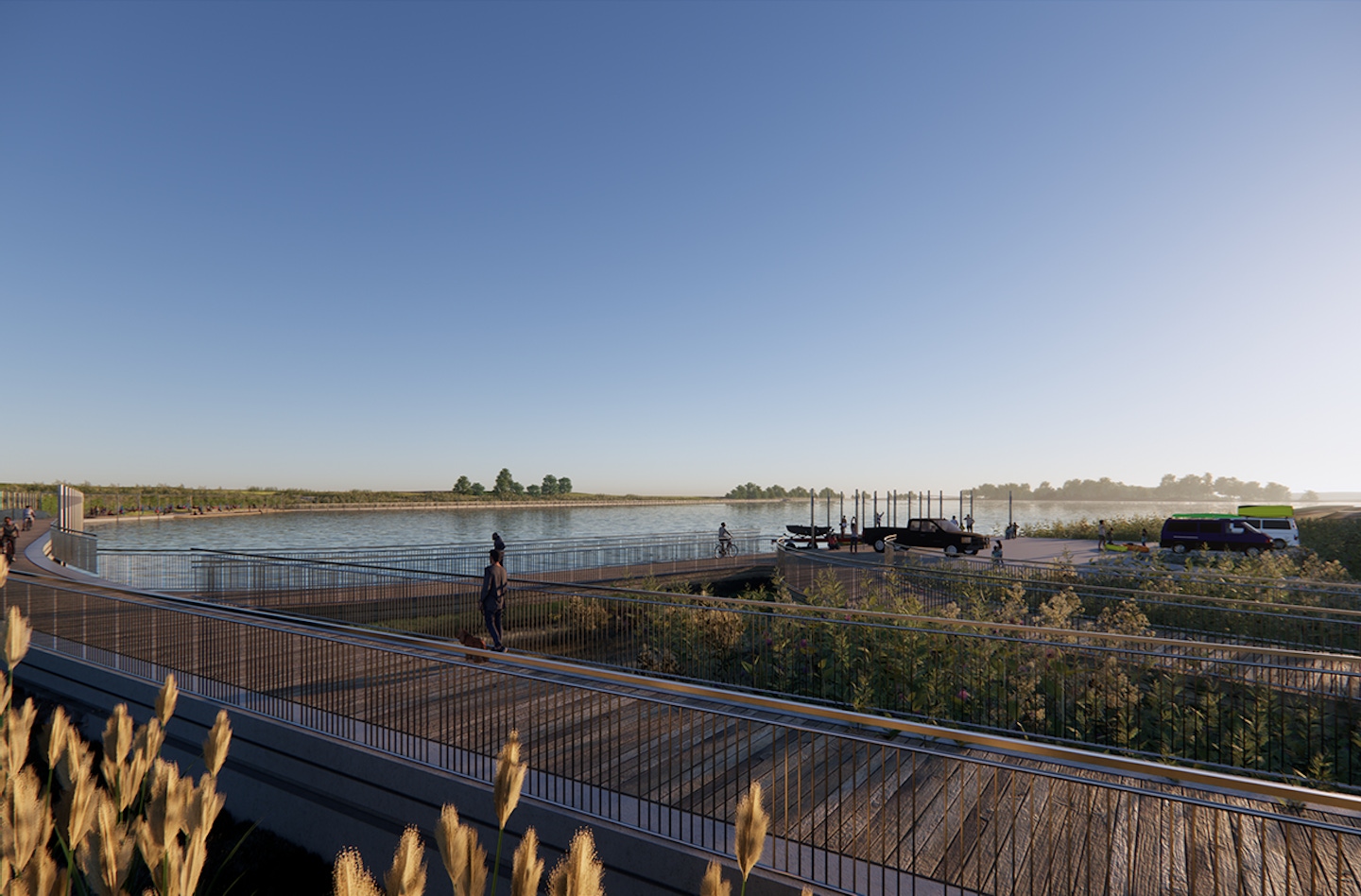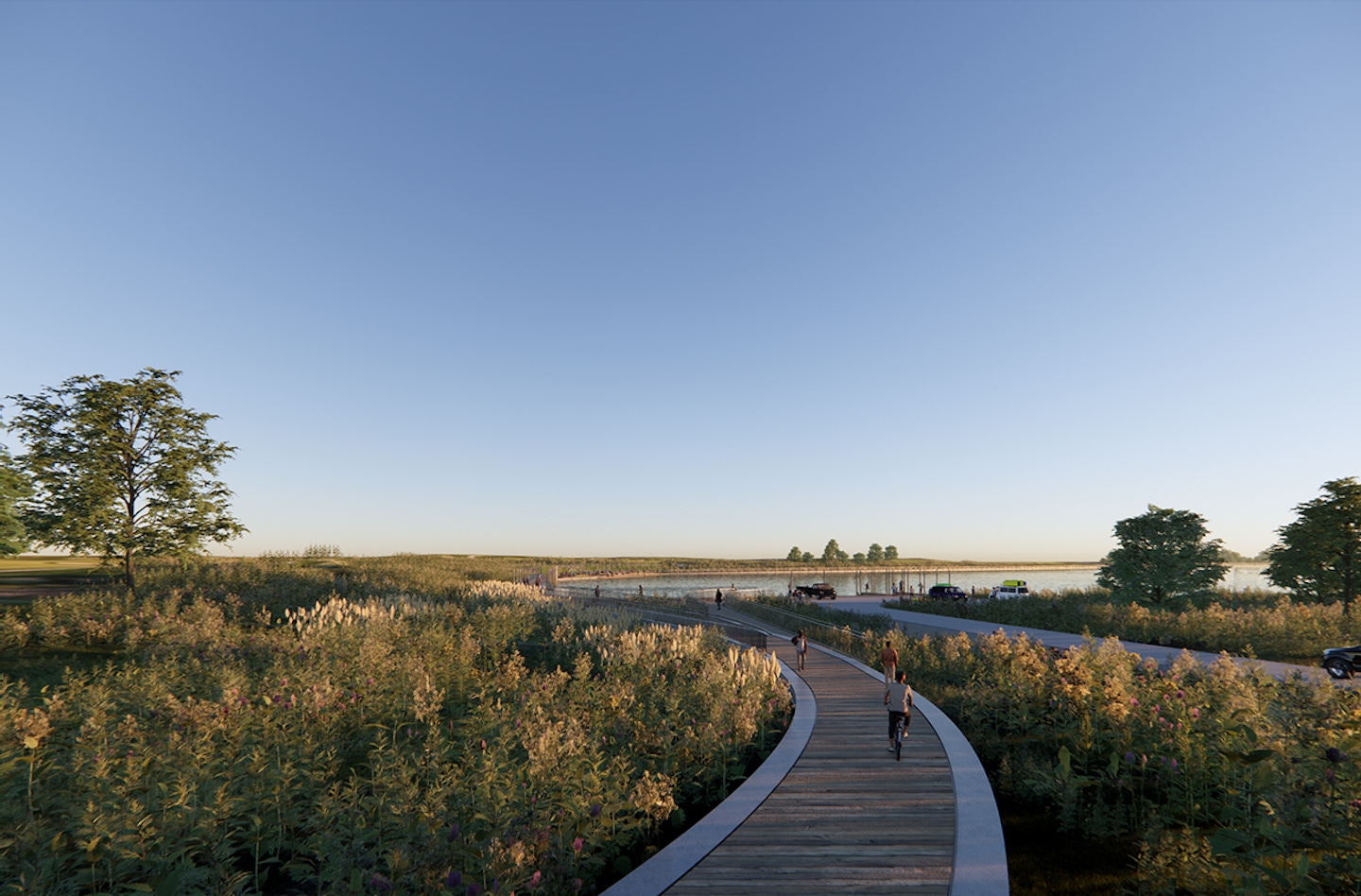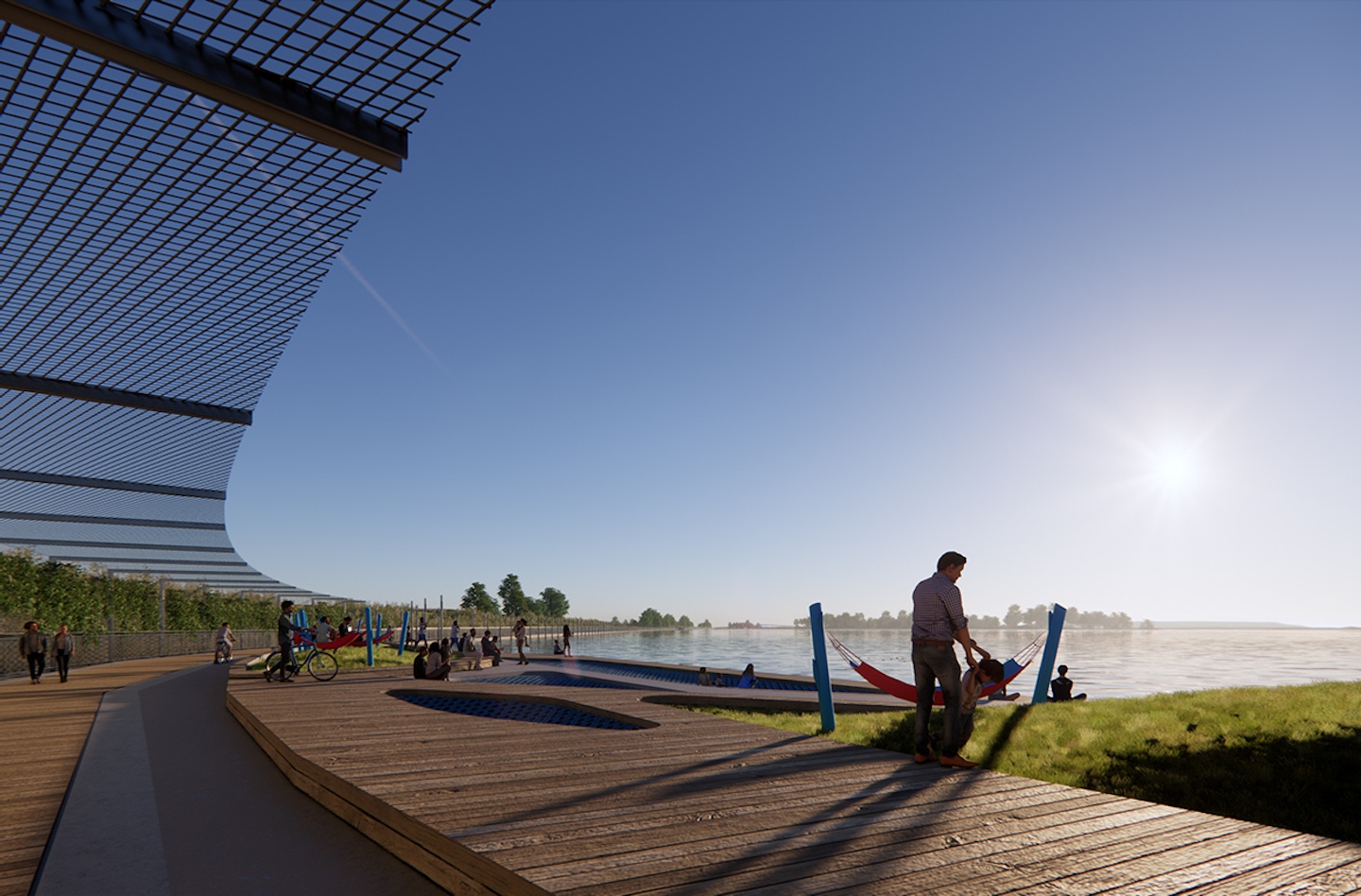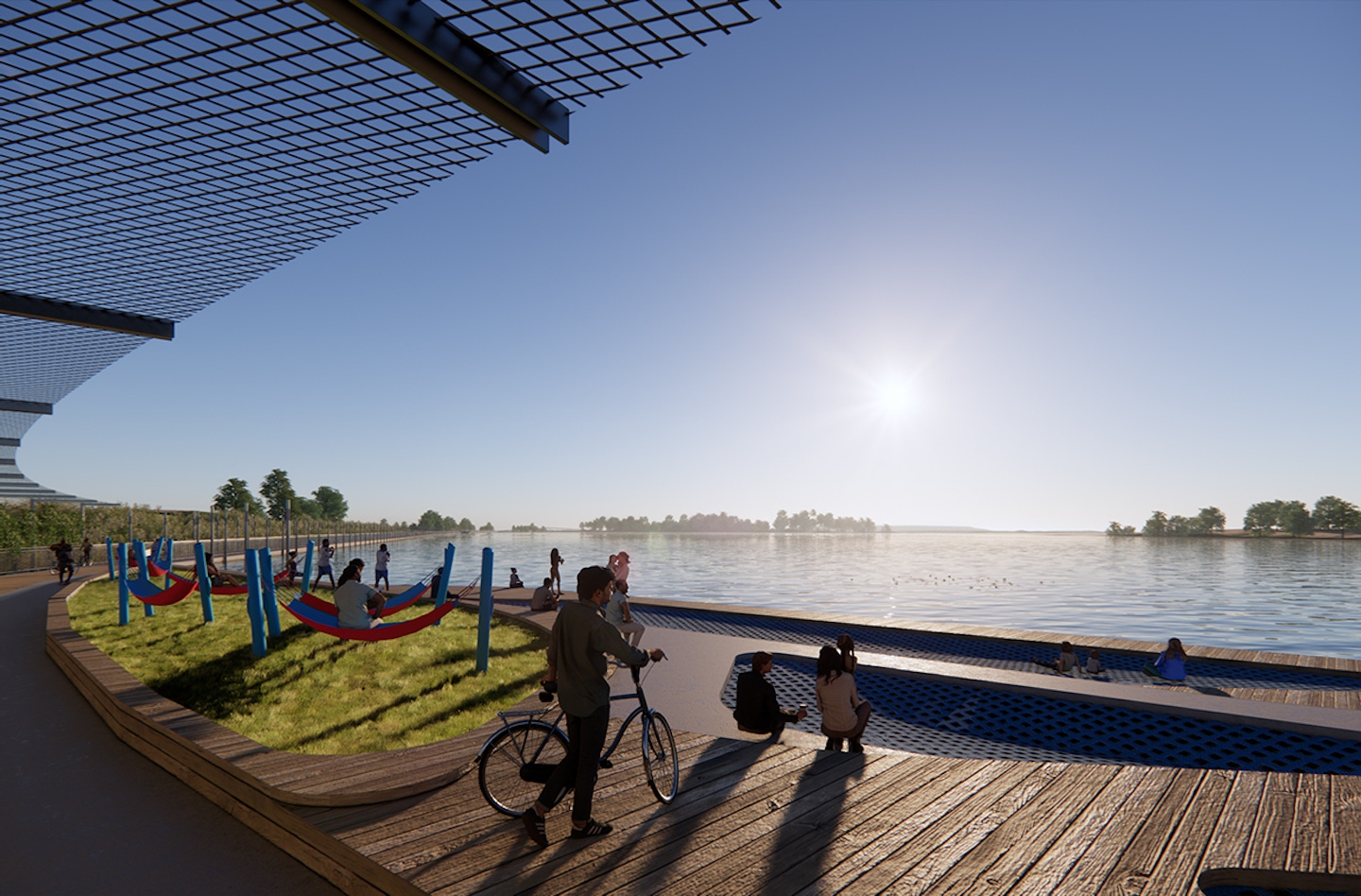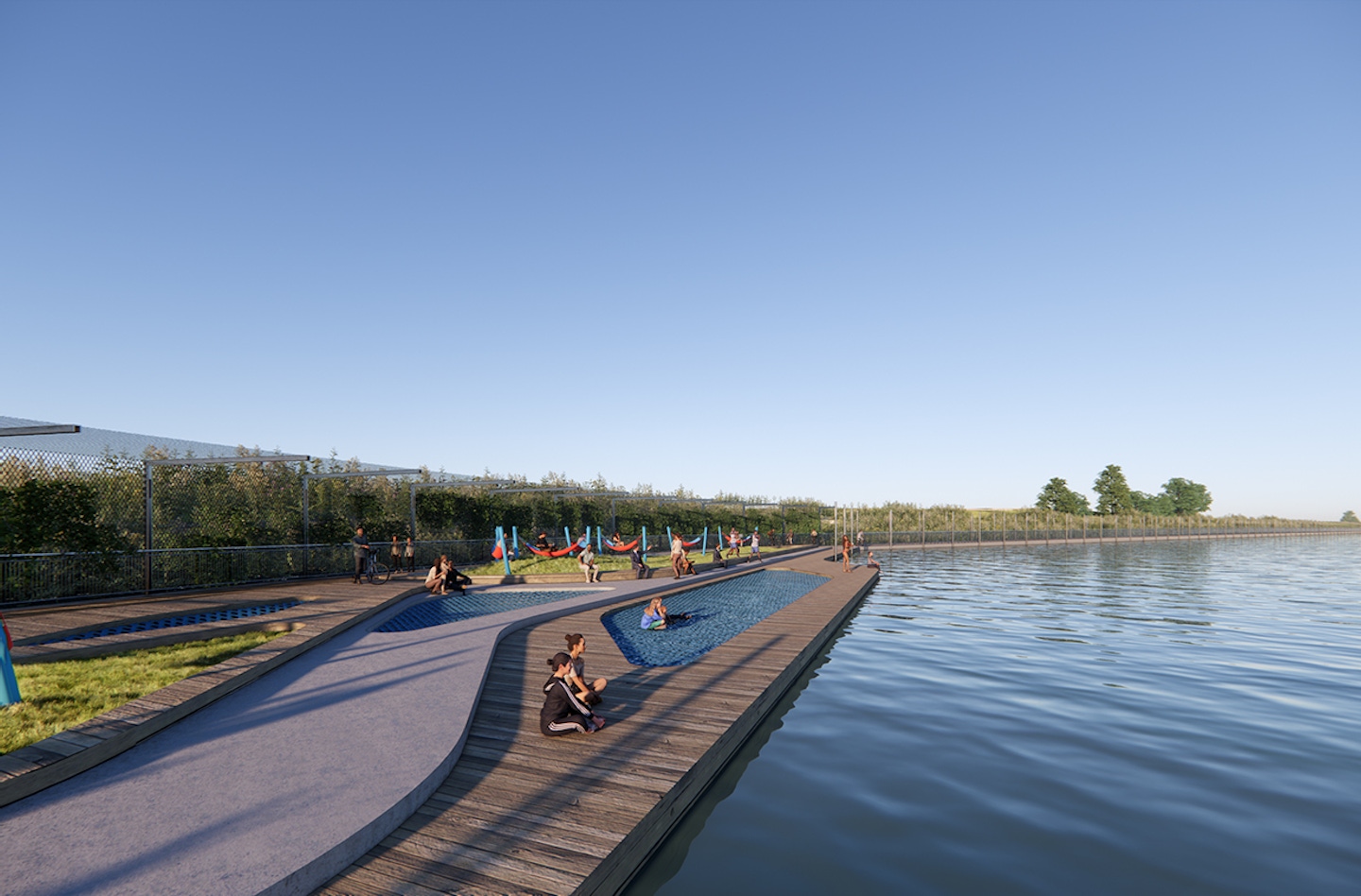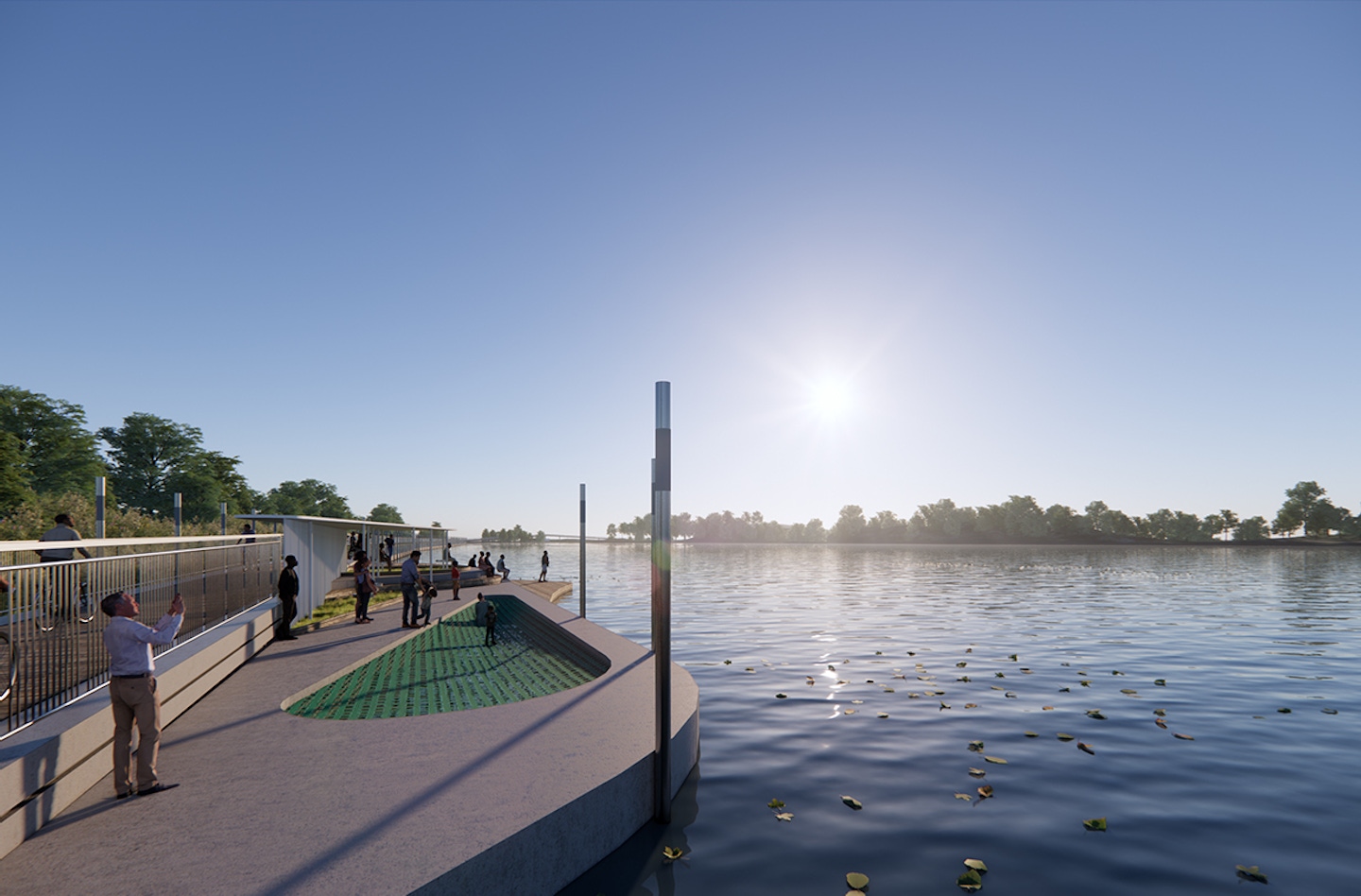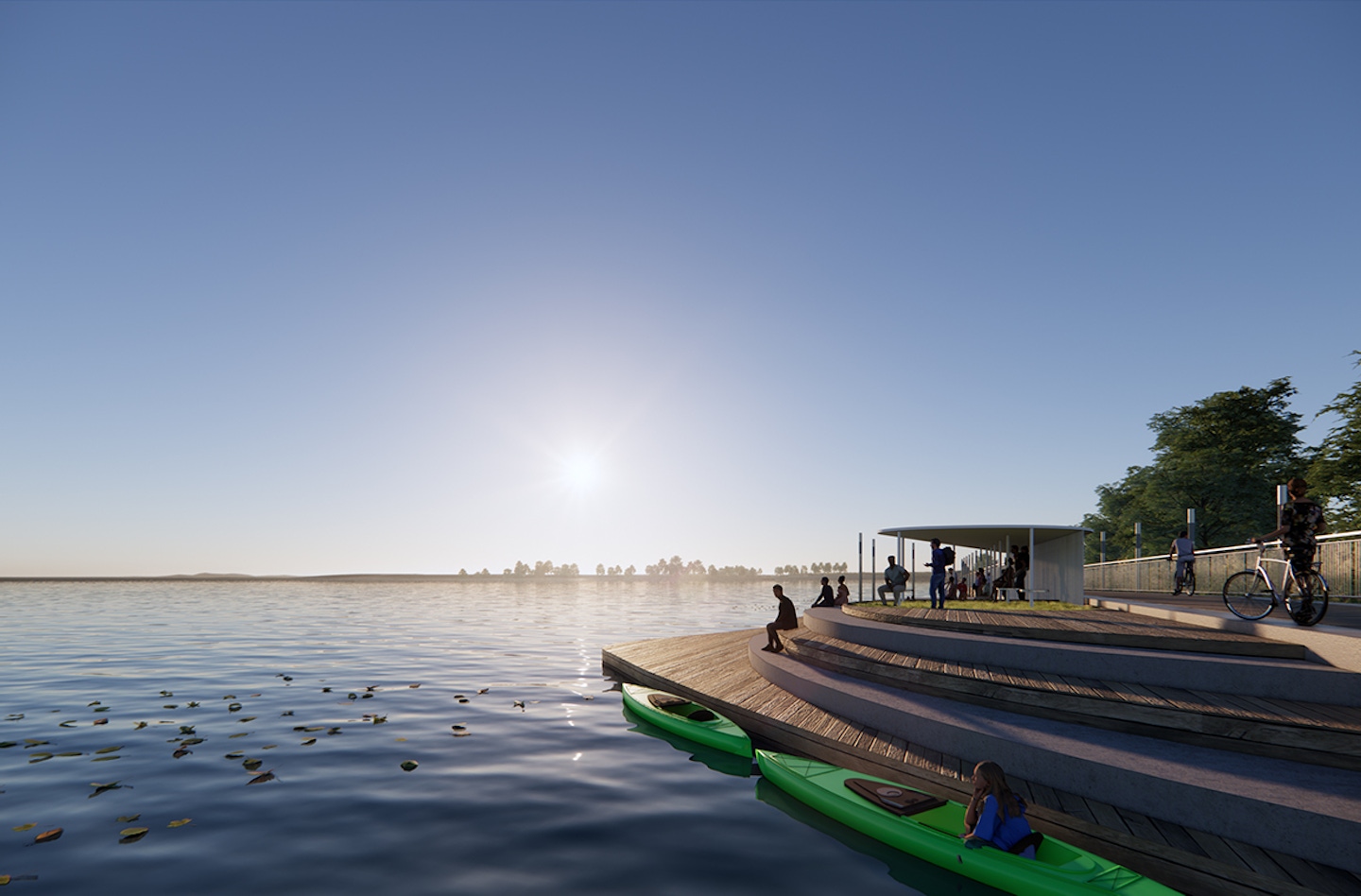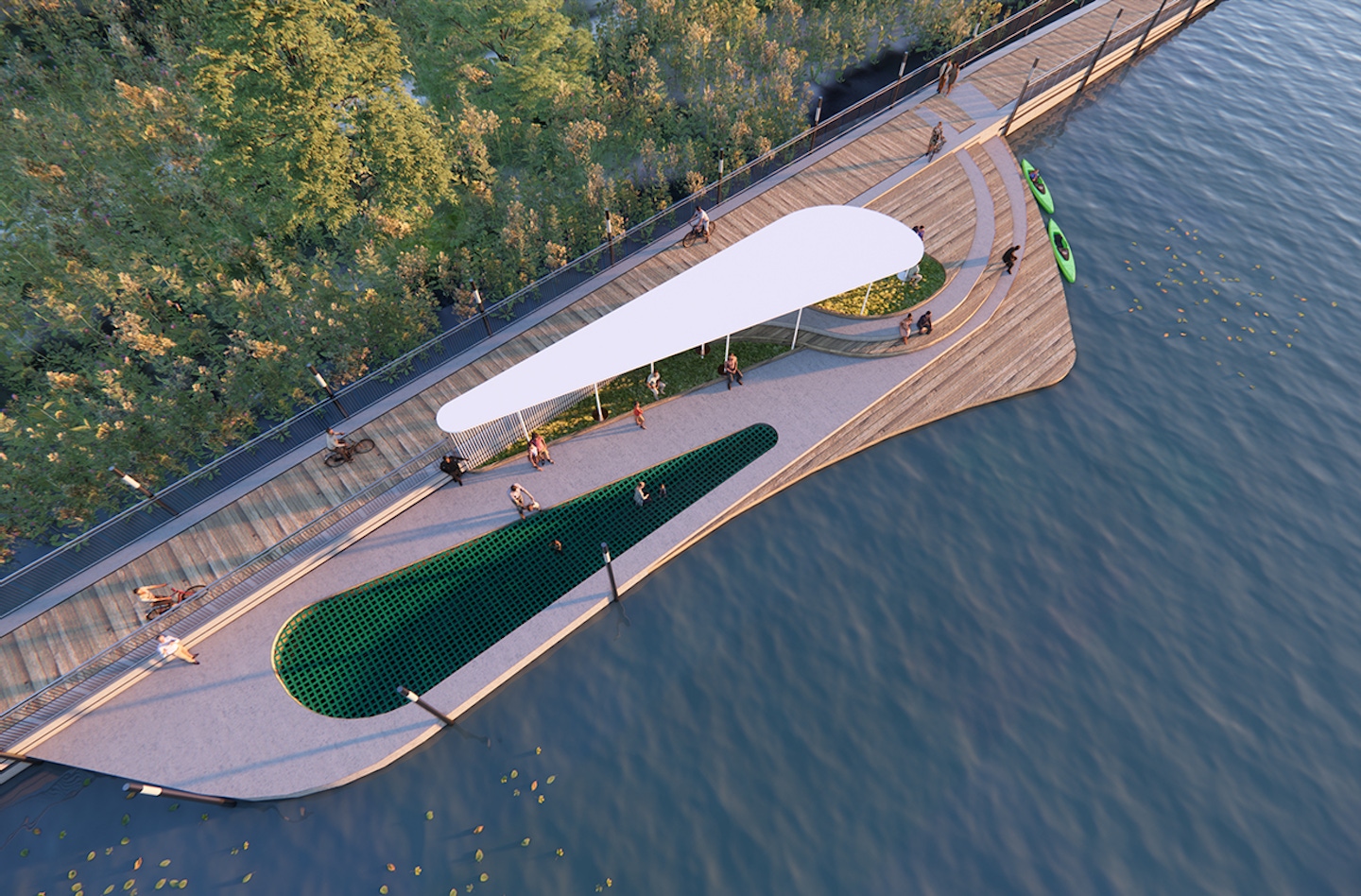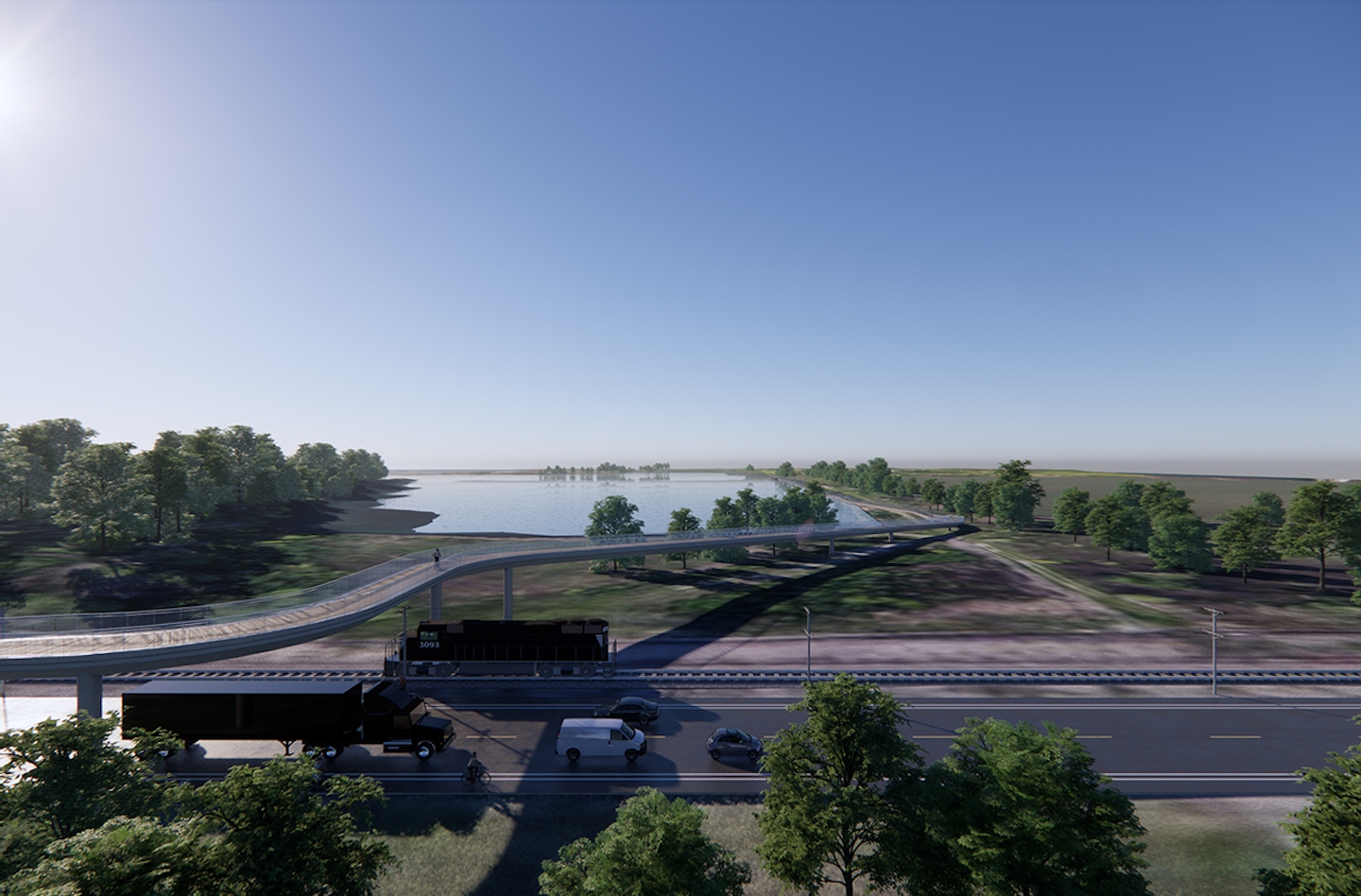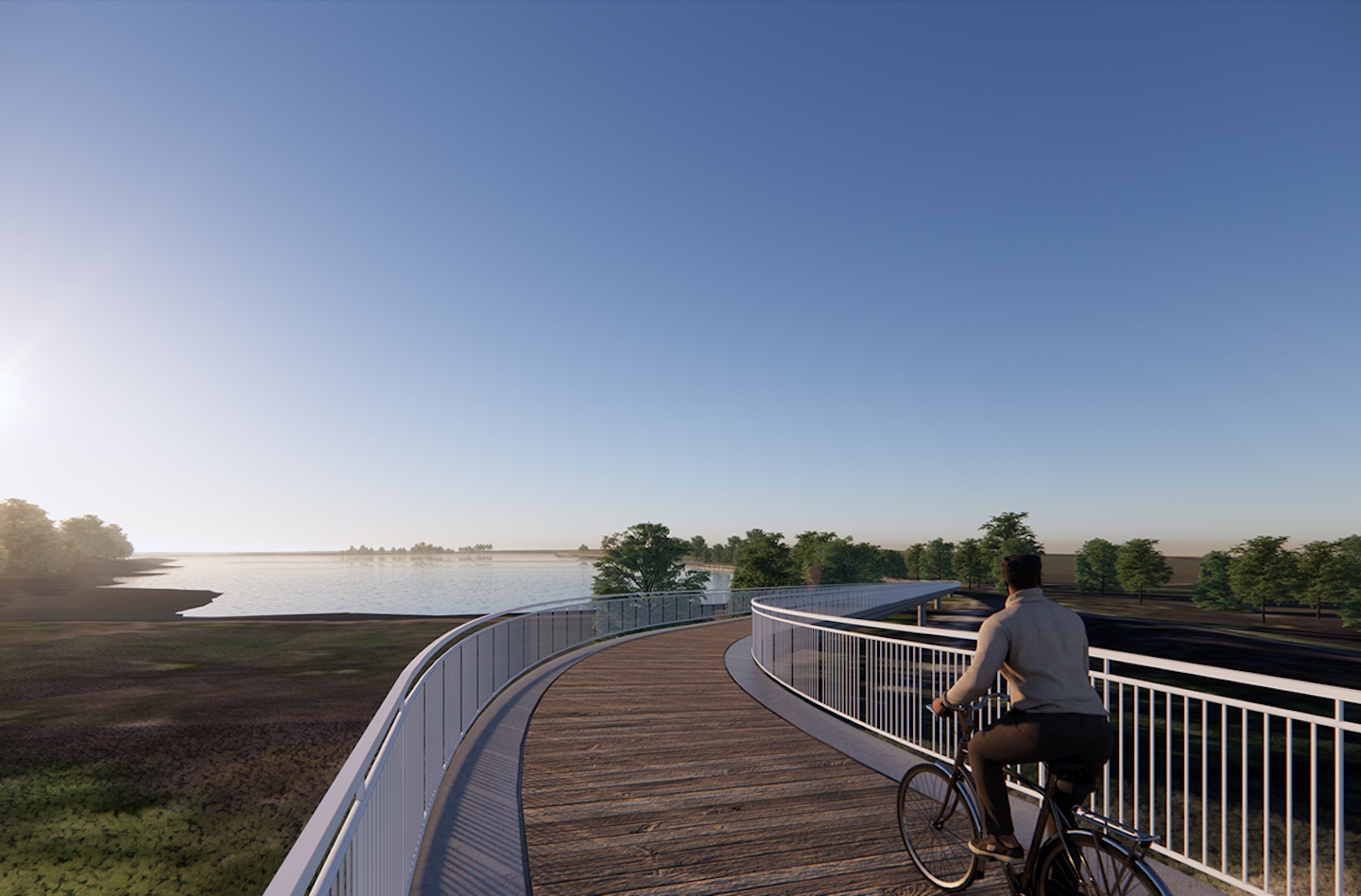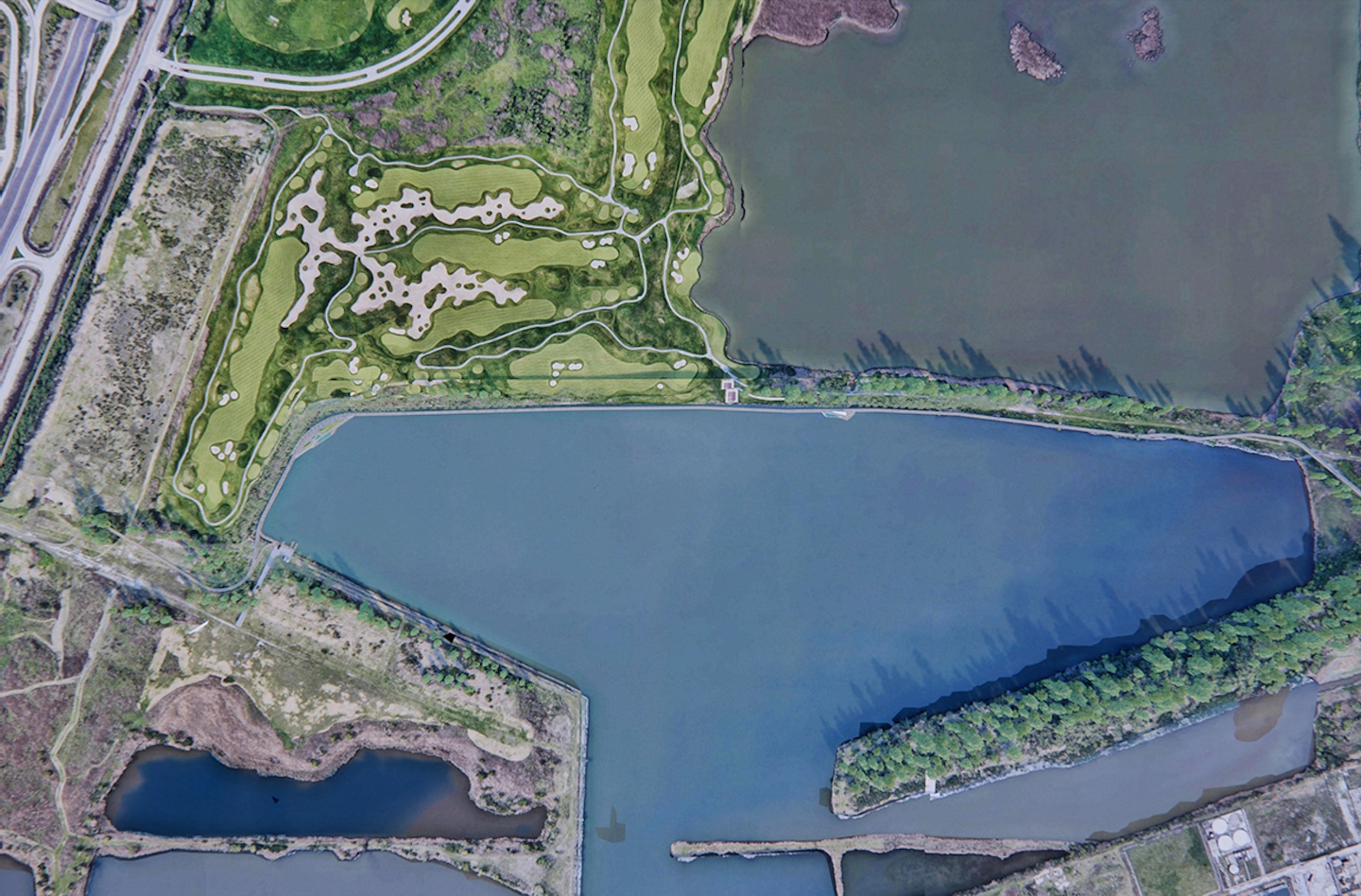Epstein was selected to prepare a feasibility study and conceptual design for a bicycle and pedestrian connection along the shore of Lake Calumet in Chicago. The scope of the project involved identifying a bicycle and pedestrian corridor to connect the Pullman Neighborhood and the Illinois International Port District to Big Marsh Park.
Lake Calumet, the largest body of water within Chicago situated at the very southeast end of the city, is a physical barrier between the Pullman National Monument, Big Marsh Park and other destinations to the east. Improved pedestrian and bicycle access across the lake would connect these two destinations, while simultaneously providing new access and recreational opportunities along Lake Calumet.
This trail connection was identified by the Active Transportation Alliance and Chicago Metropolitan Agency for Planning as a key connection in making a regional trail network. As an initial step in developing a Lake Calumet to the Pullman Trail Connection, Epstein conducted a feasibility study to assess existing conditions, define project objectives, develop design criteria, gather public input, determine potential alignments, and produce cost estimates for the suggested connection, which included a combination of trail, boardwalk and bridge structures.
As part of the project, Epstein prepared conceptual design for bicycle and pedestrian overpass of the Canadian National (CN) Railroad that runs parallel to Stony Island Avenue within the project study area.

